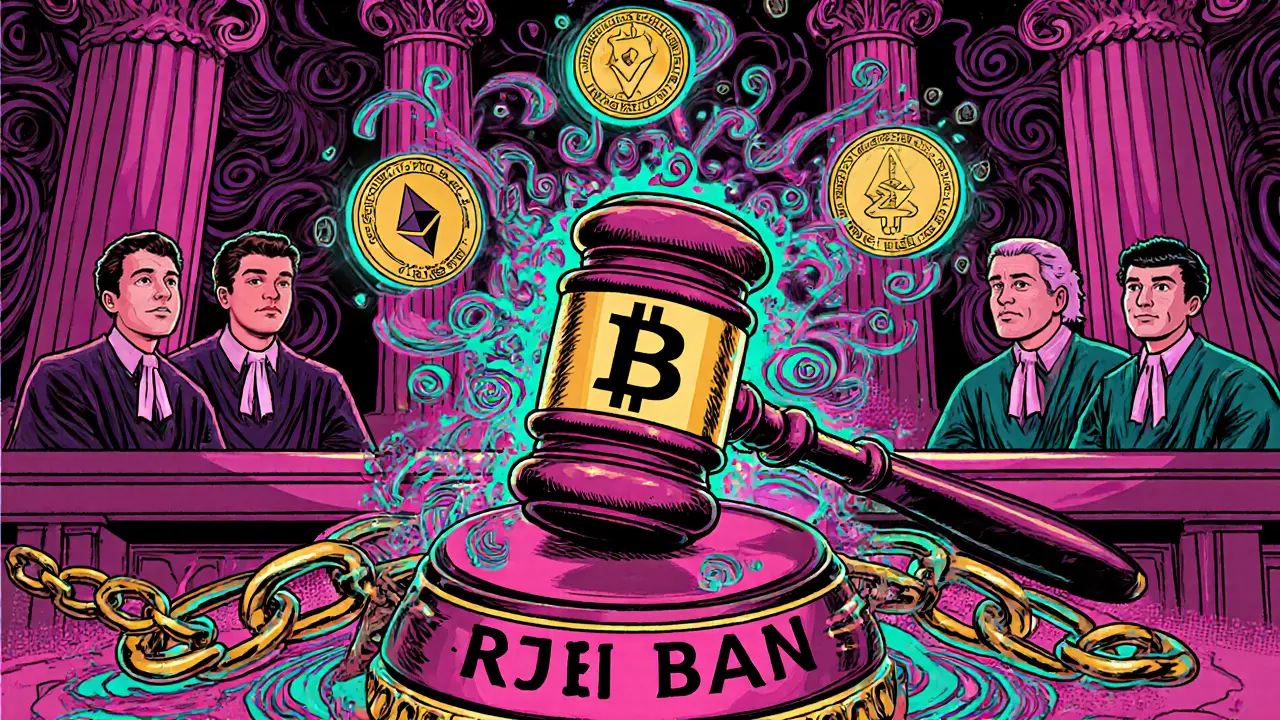Supreme Court crypto ruling India: What it means for your crypto holdings
When the Supreme Court crypto ruling India, the 2020 decision that overturned the Reserve Bank of India’s banking ban on crypto businesses. Also known as the RBI crypto ban reversal, it didn’t legalize cryptocurrency—but it removed the biggest barrier to growth in India’s crypto market. Before that ruling, banks refused to serve crypto exchanges. Traders couldn’t deposit rupees. Exchanges like WazirX and CoinSwitch were nearly paralyzed. The Court didn’t say crypto was legal—it said the RBI had no right to shut it down without proof of harm. That small distinction opened the door for millions to start trading.
Since then, the Indian crypto regulations, a patchwork of tax rules, reporting requirements, and enforcement actions by the Financial Intelligence Unit. Also known as FIU compliance, it has become the real battlefield for crypto users. The government didn’t pass a law to protect crypto—it passed a 30% tax on gains and a 1% TDS on every trade. That’s not regulation. That’s a revenue grab. And now, even though the Supreme Court stopped the banking ban, new proposals are trying to ban non-custodial wallets. The crypto wallet ban India, a recurring myth fueled by misinformation and political pressure. Also known as non-custodial wallet restrictions, it’s not a law—but it’s becoming a practical reality. If you use a Ledger or Trust Wallet, you’re not banned. But if you try to send crypto to an exchange without KYC, your bank might freeze your account. The rules are unclear, and enforcement is inconsistent.
The crypto tax India, the 30% capital gains tax applied to every crypto sale, even if you broke even. Also known as crypto income tax, it’s one of the highest in the world has scared off casual traders and pushed serious investors toward over-the-counter deals. But it hasn’t stopped adoption. India still has the second-largest crypto user base globally. Why? Because people still believe in crypto’s potential—and they’re willing to navigate the mess. The Supreme Court ruling didn’t give you freedom. It just gave you space to fight for it.
What you’ll find below isn’t just news. It’s a collection of real, up-to-date guides that cut through the noise. You’ll see exactly which exchanges Indian users should avoid, how to handle taxes without getting flagged, why non-custodial wallets aren’t banned but are made nearly useless, and how the legal landscape is shifting—slowly, painfully, but still shifting. No fluff. No theory. Just what you need to know to keep your crypto safe and your money in your pocket.
Supreme Court Crypto Ruling in India: What the Landmark Decision Means for Traders
The Supreme Court's 2020 ruling lifted India's crypto banking ban, making trading legal. But high taxes and no clear rules leave traders in limbo. Here's what you need to know.
